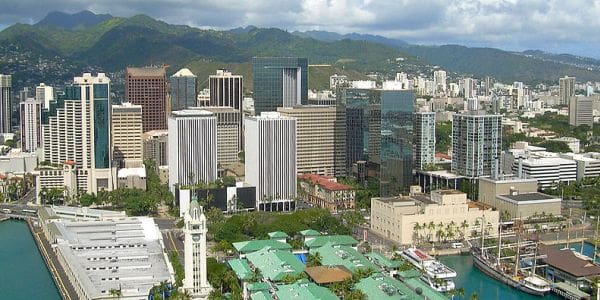The Office of the Solicitor General — part of the Department of Justice —was created by the Statutory Authorization Act of June 22, 1870. The Act states that there shall be an officer “learned in the law,” to be called the Solicitor General, to assist the Attorney General in the performance of his or her duties. The “mission of OSG is to represent the interests of the United States before the Supreme Court and to oversee appellate and certain other litigation on behalf of the United States in the lower federal and state courts.”
The term “interests of the United States” is not defined in the Act, and it is obvious that any administration has an interest in keeping it undefined so as to keep its options open with respect to its future positions on legal questions that emerge. Can anyone believe that the political interests of a given administration will not affect its positions on “the interests of the United States? Those positions might be wholly inconsistent with the interests of the U.S. economy or citizenry or taxpayers or the many other groupings that could be subsumed under the heading “interests of the United States,” as distinct from the political interests of the current administration.
Which brings us to the climate case that the U.S. Supreme Court soon will decide as to whether to grant certiorari: Sunoco LP ET. AL. v City and County of Honolulu, Hawaii, ET. AL. In a nutshell: The City and County of Honolulu, pursuing litigation against the energy producers for — don’t laugh — having knowingly caused the purported climate crisis, won a ruling in the Hawaii Supreme Court to the effect that federal law does not preempt state/local legal actions. Accordingly, the Honolulu lawsuit was directed by the Hawaii Supreme Court to proceed in state court under Hawaii state law rather than federal law, despite several contrary rulings in federal courts that claims arising from greenhouse gas emissions are the purview of federal law and Congress.
The OSG has entered the case as an amicus curiae, but what is notable is that nowhere in its brief does OSG tell us what the “interest of the United States” is in the context of this case. Instead, the OSG brief merely asserts that it is in the interest of the United States that the “petitions for writs of certiorari should be denied,” because “this Court’s resolution of the federal issue ‘can await final judgment [after the case works its way through the Hawaii and federal courts] without any adverse effect upon important federal interests.'”
The OSG takes this position despite admitting (page 12) that “petitioners may ultimately prevail on their contention that respondents’ claims are barred by the Constitution — specifically, the Interstate and Foreign Commerce Clauses, the Due Process Clause, and federal constitutional structure — to the extent the claims rely on conduct occurring outside Hawaii.” Indeed, the OSG cites a precedent to the effect that “principles of state sovereignty and comity” mean “that a State may not impose economic sanctions on violators of its laws with the intent of changing the tortfeasors’ lawful conduct in other States.” No one claims that the ordinary business operations of the fossil producers — the production and sale of fossil fuels — was unlawful. […]
— Read More: www.wnd.com




